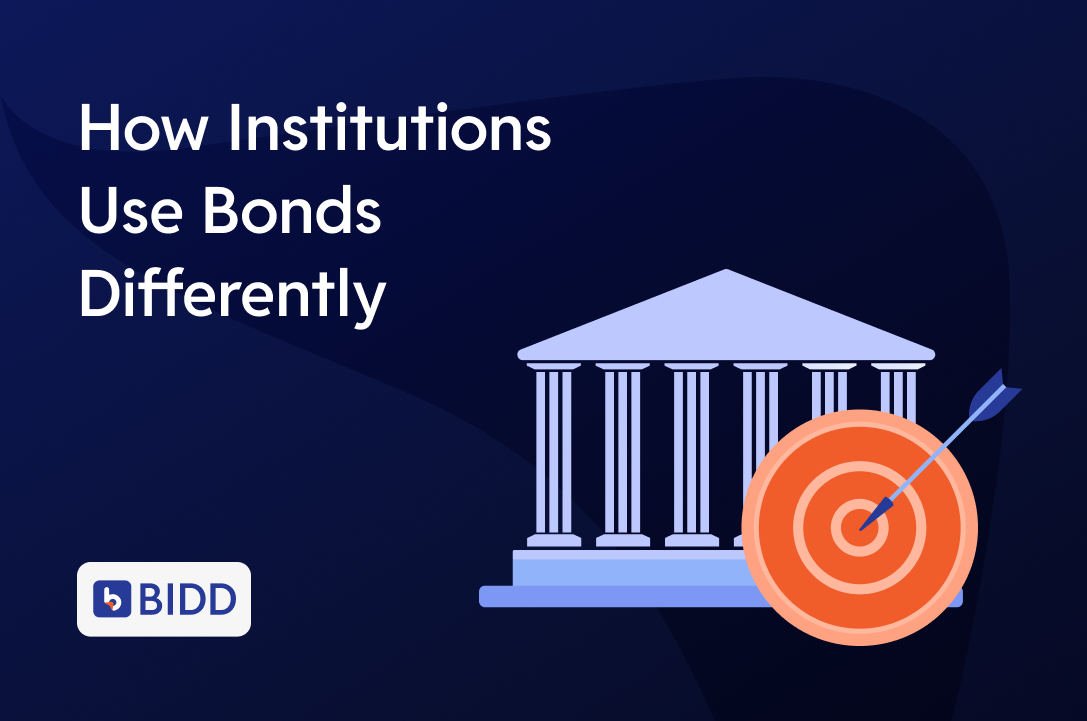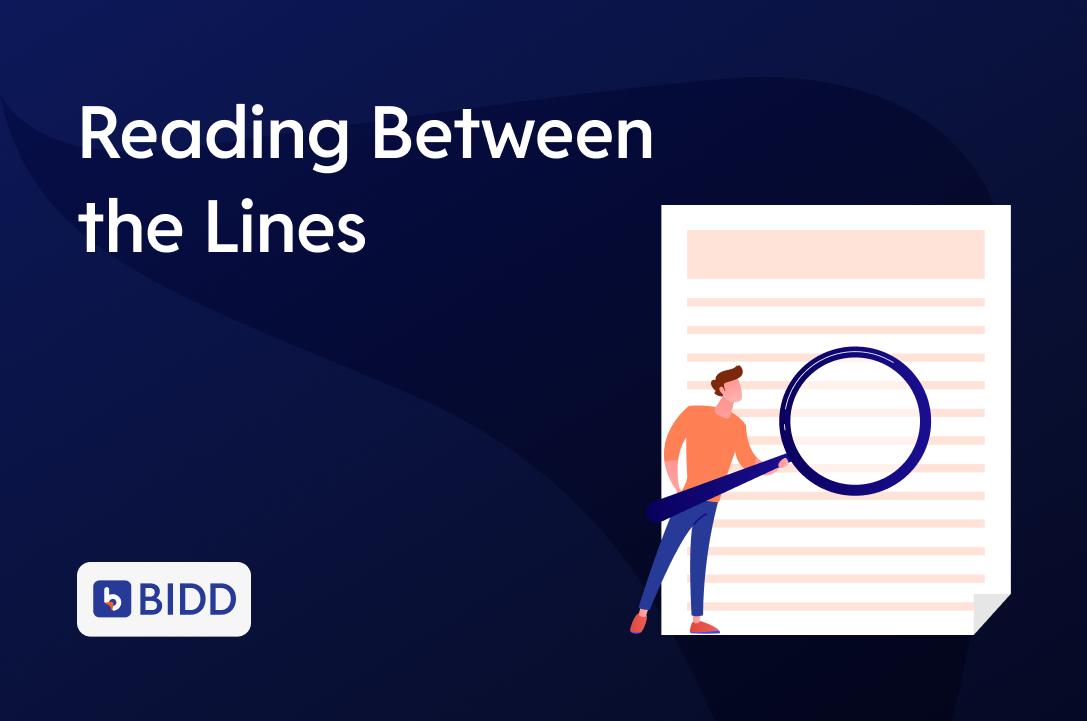What You Can Learn from the Big Players
Let’s Start with a Quick Thought:
You buy a bond to earn steady returns.
Simple, right?
Now imagine a large bank or mutual fund — buying not one, but crores worth of bonds.
Different game? Absolutely.
Institutions don’t just invest in bonds —
They strategize with them.
Let’s decode how professionals use bonds in ways most retail investors don’t.
First, Who Are “Institutions”?
Think of them as the big leagues:
- Mutual Funds
- Insurance Companies
- Pension Funds
- Banks
- Foreign Portfolio Investors (FPIs)
These players move massive amounts of money — and they often use bonds differently than individual investors.
So, What Do Institutions Use Bonds For?
1. Steady Income for Long-Term Commitments
Think about:
- Insurance companies with payouts due 20 years from now
- Pension funds managing retirement income
They often buy long-term, high-quality bonds like G-Secs or AAA-rated corporates to match future liabilities.
Predictable income = predictable obligations met.
2. Portfolio Stability
bonds serve as shock absorbers.
When equity markets are volatile, bonds bring balance.
Mutual funds and institutional wealth managers use them to maintain risk-adjusted returns — not just high returns.
3. Trading and Arbitrage
Not all institutions are buy-and-hold investors.
Some actively trade bonds to:
- Profit from interest rate movements
- Capitalize on pricing mismatches between markets
- Leverage yield curve shifts
It’s not just about the coupon — it’s about identifying and capturing opportunity.
4. Liquidity Management
Banks and NBFCs often park surplus funds in short-term bonds or treasury bills.
Why?
Because they need to maintain liquidity for withdrawals, disbursals, and daily operations.
Short-duration bonds help them keep funds accessible, without leaving capital idle.
5. Regulatory Requirements
Certain institutions are mandated to hold bonds.
Examples:
- Banks must maintain a portion of their assets in G-Secs (called the Statutory Liquidity Ratio or SLR)
- Insurance companies must follow fixed allocation rules toward fixed income
Sometimes, bonds are held not just for returns — but for regulatory compliance.
Real-Life Contrast: You vs. an Institution
| Situation | You | Institution |
| Buying a bond | Seeking stable returns | Matching liabilities or compliance needs |
| Liquidity concern | May need to withdraw for emergencies | Managed daily by treasury teams |
| Credit risk | Avoids lower-rated issuers | May take calculated risk for yield |
| Price change | May hold or worry | May trade or hedge for profit |
Same product — completely different playbook.
How Does This Affect You as a Retail Investor?
Here’s the advantage —
Institutions often set the tone in the bond market.
If mutual funds or pension funds are buying a particular bond, it likely means:
- It’s well-rated
- It’s fairly priced
- It has healthy liquidity
Following institutional activity can give you helpful investment cues.
Additionally, institutional interest often improves the secondary market, making it easier for you to buy or sell.
Bonus Insight: Why Are Some Bonds Hard to Buy?
Because institutions often corner large allocations during private placements.
What’s left for retail investors may not always be the highest quality.
Platforms like Bidd, along with curated offerings and advisors, can help retail investors access bonds with institutional-grade filters.
Final Thoughts
Institutions don’t just buy bonds.
They deploy them — for:
- Strategy
- Stability
- Risk management
- Liquidity planning
- Regulatory alignment
You may not have a treasury desk or a billion-rupee portfolio…
But you can still learn from the pros.
- Look at liquidity
- Match bonds to your specific goals
- Don’t chase yield blindly — balance it with risk
- Pay attention to what institutions are buying
Smart investors think like institutions.
Now you can too.




